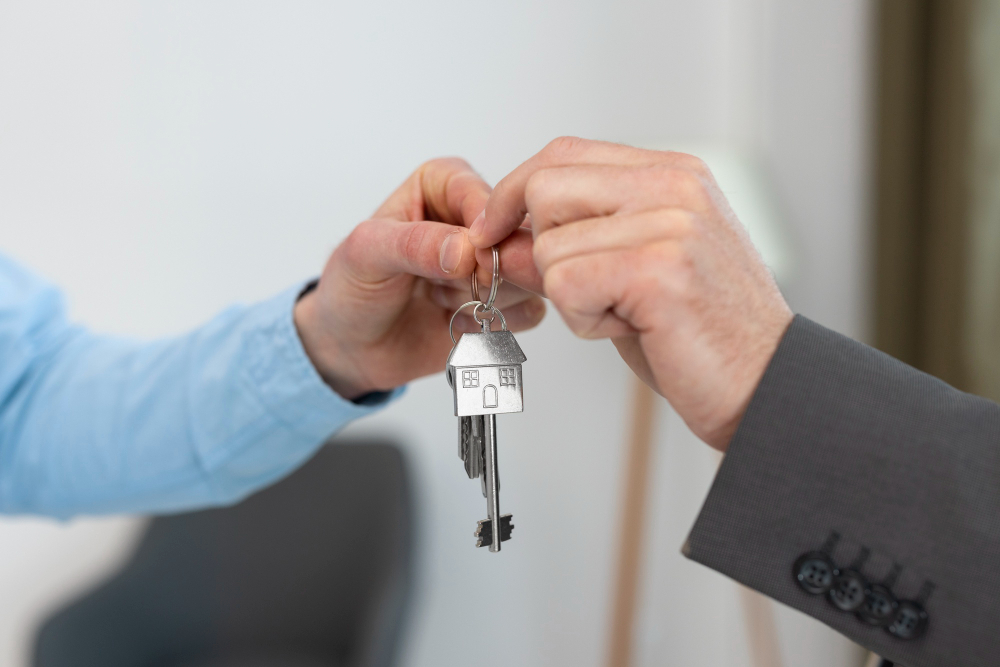Buying a property in Spain is an exciting process, but also complex from a legal point of view. Before purchasing a property in this country, it is essential that buyers follow a series of steps to ensure that the transaction is carried out legally and without complications. In this article, we will explore the legal steps a buyer must follow when purchasing a property in Spain.
- Obtaining a Foreigner Identification Number (NIE)
The Foreigner Identification Number (NIE) is an essential requirement for any foreigner wishing to purchase a property in Spain. This number is used for all legal and fiscal transactions in the country. To obtain it, buyers must file an application at the Foreigners Office or at a Spanish police station. It is also common for a lawyer or real estate agent to help with this process, in which case a power of attorney is required.
- Drafting and signing a Lease Agreement
The earnest money contract is a key step in the process of buying a property in Spain. This contract usually establishes a tentative agreement between the buyer and seller and generally involves the payment of a deposit. This contract details the terms of the purchase, including the price, delivery date and condition of the property. It is important to have a specialized lawyer review this contract to ensure that it is drafted in accordance with the law and that it protects the buyer’s interests.
- Performing Legal Due Diligence
Before committing to the purchase, it is essential to carry out a complete legal investigation of the property to ensure that the property meets all legal requirements and is free of problems. This involves the review of the title deed, the nota simple del Registro de la Propiedad, associated taxes, outstanding debts, and any legal disputes affecting the property. A specialized lawyer can carry out this investigation on behalf of the buyer.
- Obtain Mortgage Financing
If mortgage financing is needed to purchase the property, buyers should initiate the loan application process with a financial institution well in advance. The attorney can advise on reviewing the terms and conditions of the mortgage loan to ensure that they are favorable to the buyer.
- Prepare the Necessary Funds
Prior to signing, buyers must ensure that they have the necessary funds to complete the purchase. This includes the purchase price, taxes and post-purchase legal fees. The lawyer and the financial institution can help calculate and organize these payments.
- Signing of the Purchase and Sale Agreement before a Notary Public
The final step in the legal process is the signing of the purchase contract before a notary public. At this stage, the buyer and seller will appear before the notary to sign the property deed and finalize the transaction. The notary will verify the identity of both parties, ensure that all legal requirements are met.
- Signing of the Purchase and Sale Agreement before a Notary Public
Once the property has been acquired, the buyer must proceed to the payment of the corresponding taxes depending on whether it is a newly built or second hand property, as well as the change of ownership at the Land Registry and City Hall, utility companies, etc. In addition, from now on you will have to take into account the different taxes involved in the acquisition of a property (IBI, garbage tax, etc.) that you will have to pay.
In summary, the purchase of a property in Spain involves a series of legal steps that are fundamental to protect the interests of the buyer and to guarantee that the transaction is carried out in a legal and secure manner. The assistance of a lawyer specialized in buying and selling is essential to navigate these preliminary steps and to ensure that the purchase goes smoothly. With proper planning and the right legal advice, buyers can enjoy the acquisition of a property in Spain with confidence and peace of mind.


